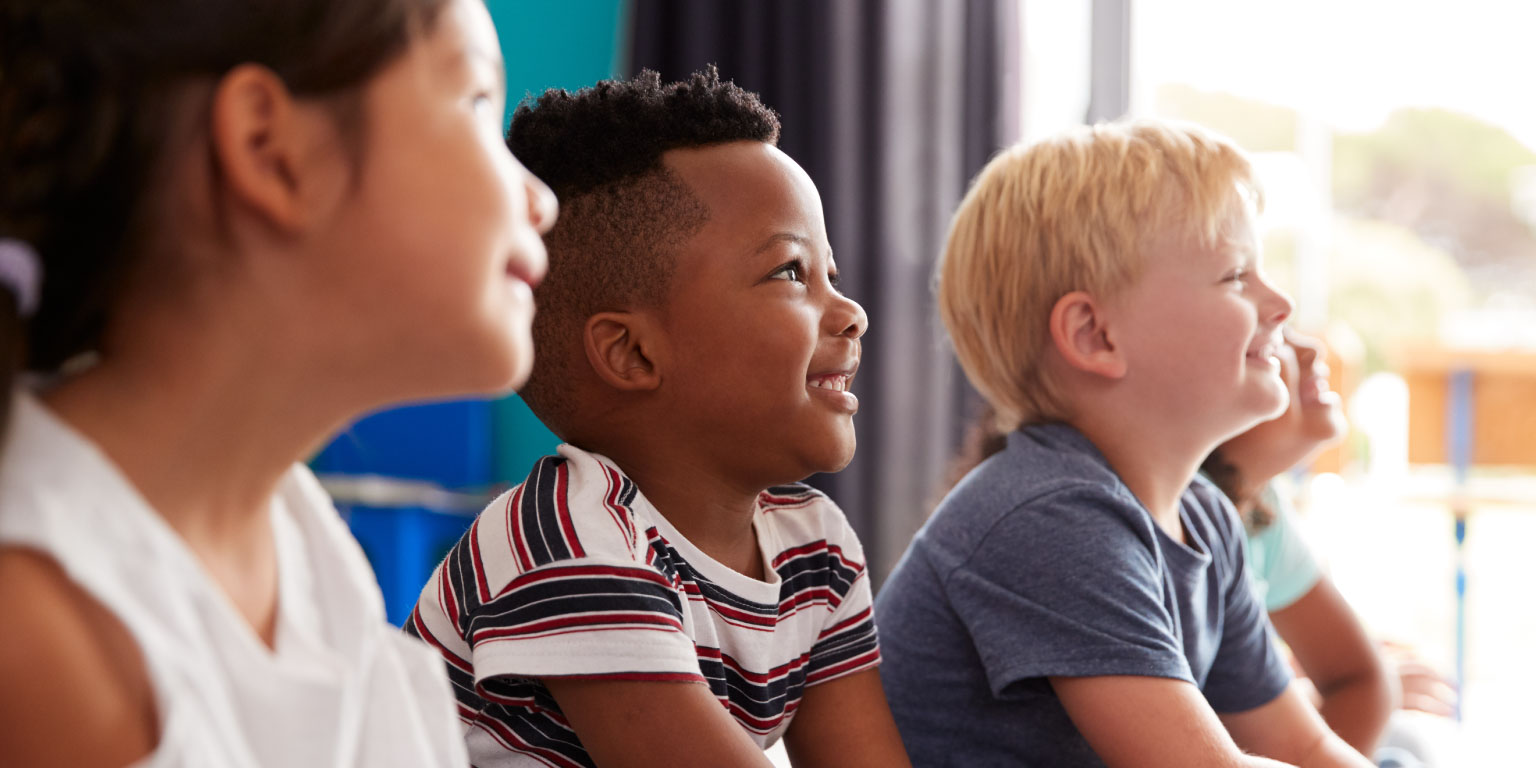Special Event: Mindsight in Education with Dan Siegel
Dec 06, 2019 11:30AM—2:30PM
Location
Crossroads School for Arts & Sciences
Cost $225 members; ($325 non-members)
Categories Intensive, Social & Emotional Learning

ABOUT THIS SPECIAL EVENT
Interpersonal Neurobiology and the (other) ‘3 Rs’: Cultivating a Healthy Mind in Children and Adolescents
Reading, writing and arithmetic may be the ‘three Rs’ of schooling. But when it comes to the internal education of children, we have a new set of Rs: reflective skills, relational intelligence, and resilience. Leading neuroscientist Dan Siegel is the author of several bestsellers about child and adolescent minds and believes interpersonal neurobiology can offer profound insights for the future of young people’s mental health.
This presentation will offer an overview of Interpersonal Neurobiology (IPNB), a field that combines many disciplines of science into one framework to examine the development of a healthy mind. By viewing the mind as a regulatory process that is both embodied and relational, IPNB offers us a new way of focusing directly on the education of the mind to create reflective skills, relational intelligence, and resilience in the face of life’s challenges.
In the first segment of this presentation, we will explore the human brain and how it develops during the first years of life. For example, we’ll examine the way the brain changes in response to experience in a process called neuroplasticity and how teachers can optimize student learning or parents can promote resilience by harnessing the power of the brain to grow in specific integrative ways. Integration in the brain is the basis for well-being in our bodies and resilience in our lives.
In the second segment of the presentation, we’ll explore how the mind can be defined to include an embodied and relational process that regulates the flow of energy and information. Teachers and parents embracing this working definition are then in a position to take the foundations of regulation – the ability to monitor something and then modify that something – and strengthen them directly in the classroom and home. Although the fields of science and professional practice focusing on the mind do not have a formal definition of the mind itself, IPNB offers a useful definition that empowers us to stabilize the ability of children and adolescents to monitor energy and information flow in their bodies and in their relationships. This is the heart of the notion of an ‘internal education’ focusing on the internal mental life of the self and of others – a process we can simply refer to as ‘mindsight’. We’ll also explore how the process of integration, the linkage of differentiated parts, is at the heart of optimal mental life and the cultivation of resilience.
Finally in our third segment, we’ll explore the science of relationships and see how the way we approach development can draw on the social nature of the brain to inspire deep learning and the cultivation of mindsight skills. Practical applications of this science will be further elaborated, and ways of weaving the new 3 R’s of internal education into daily activities will be explored.
ABOUT THE PRESENTER

Mindsight Institute, an educational center devoted to promoting insight, compassion, and empathy in individuals, families, institutions, and communities. Dr. Siegel’s books include his five New York Times bestsellers: Aware: The Science and Practice of Presence; Brainstorm: The Power and Purpose of the Teenage Brain Mind: A Journey to the Heart of Being Human, and two books with Tina Payne Bryson, Ph.D.: The Whole-Brain Child and No-Drama Discipline.
LOCATION
Cancellation Policy
Life happens. We understand that there will be times when you cannot attend a workshop that you have registered and paid for. We strive to be as helpful and flexible as possible when things out of your control happen. Please visit our FAQ page for detailed information about our cancellation policy and answers to frequently asked questions about enrollment and membership.
